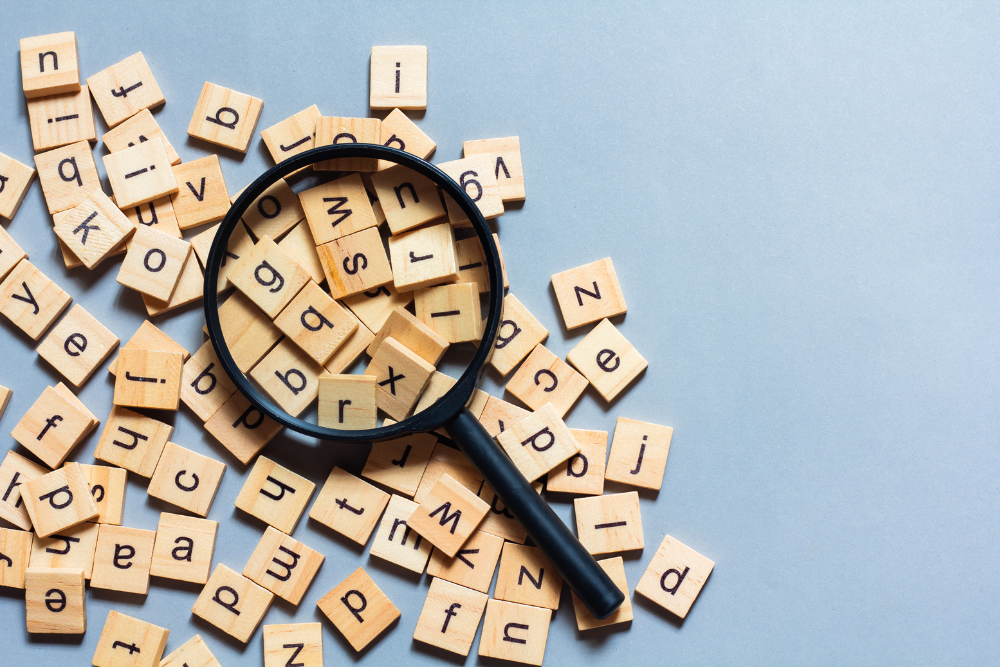Make the most out of your language lessons with these learning methods
By taking a language course, you will receive individual support and encouragement from your teacher. The materials used in class match your needs, and your questions and uncertainties can be discussed at any time during class. As a consequence, language courses offer you a great opportunity to improve your language skills. Nevertheless, lessons often involve a lot of time, energy and money. For this reason, it is important to make use of effective learning methods before, during and after the lessons in order that you can make the most out of your language course. In this blog post, we provide some of these learning methods.
During the lessons
Come to class prepared. By this we mean that you always have the course book, worksheets, pens, markers, notepaper and your personal vocabulary booklet with you. Additionally, do not forget to carry with you a bottle of water and a power snack in order to stay energised, especially during longer lessons.
Ask questions. There is no such thing as a stupid question. Take the opportunity to discuss all your questions and uncertainties with your teacher. By doing that, your teacher will become aware of your weak points. Consequently, they can provide further practice or explain the whole topic once again. In addition, never forget that other students also benefit from your questions.
Highlight the main points and take notes. Especially when looking at a new (grammar) topic in class, make sure to highlight the main points. Whenever your teacher gives additional explanations, take notes, and if something is written on the board, copy it or, if there is not enough time, take a picture of it.
Use a vocabulary booklet. You will most probably hear and read words during class that you did not know before. Write them down in your personal vocabulary booklet, ask your teacher for the meaning of the words and also for words that belong to the same word family (for instance, “feeling”, “to feel happy or sad” and so on).
Speak as much as possible. Because that is when you learn the most. Participate actively in class and make the most out of group activities. Moreover, always try to talk to your teacher and your peers in the language that you want to learn – even during breaks.
After the lessons
Write a summary. Writing a summary has many advantages. On the one hand, you review the topic discussed in class. By writing them down in your own words, you internalise the explanations given by the course book and those offered by your teacher. On the other hand, you may get aware of your weak points.
Do exercises. May it be homework or exercises from the internet: Practising is always a good idea. It makes you more confident and shows you what you need to practise further.
Learn vocabulary. Use the time between lessons to expand your vocabulary. Practise a handful of words from your personal vocabulary booklet each day. Later, you will be able to use those words actively in class. In order to do so, you may want to write flashcards, write down example sentences or have the words dictated to you.
Write down your questions. Write down all your questions that came up while writing a summary, doing exercises or learning vocabulary, so that you do not waste time trying to find them in the next lesson. Furthermore, spend some time thinking about where you may need more practice.
Before the (next) lessons
Revise your summary. In order to be able to jump right into the next lesson, you may want to revise your summary shortly before the next course date. Should you have not been able to write a summary, you can also go through the theory in your course book and the notes that you took in class. Recall what you did last time and what you learned.
Be aware of your goals for the next class. What questions do you really want to ask? Where do you need additional practice? Clarify your needs once again so that you are able to communicate them to your teacher.
Think about your expectations. In order to prepare yourself well for the next lesson, you could already skim the next topic. This will make it much easier for you to get started with the new topic.
Long story short
To sum up, you can make the most out of your language course when you make use of effective learning methods before, during and after the lessons Speaking as much as possible and asking questions are just as important as practising, learning vocabulary and writing summaries. Of course, there are many more learning techniques, although it is worth mentioning that not all of them are equally suitable for everyone.
Now it is your turn! What are your favourite learning methods? Do you have any tips on how to get the most out of a language course? We look forward to your comments, feedback and input, and wish you successful language learning!
von Nelly Müller – Sprachen Akademie




Leave A Comment